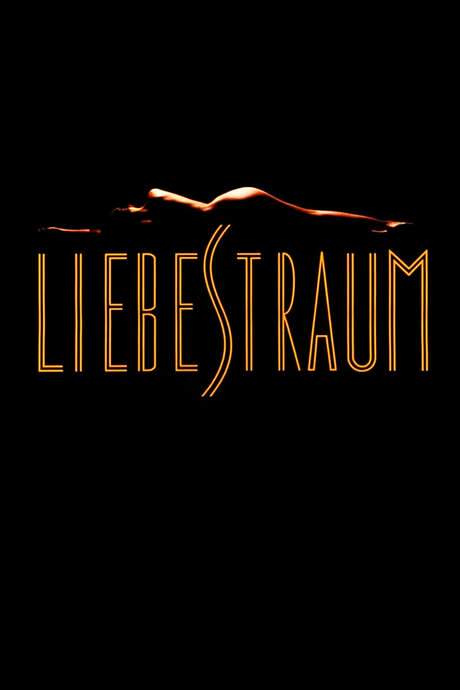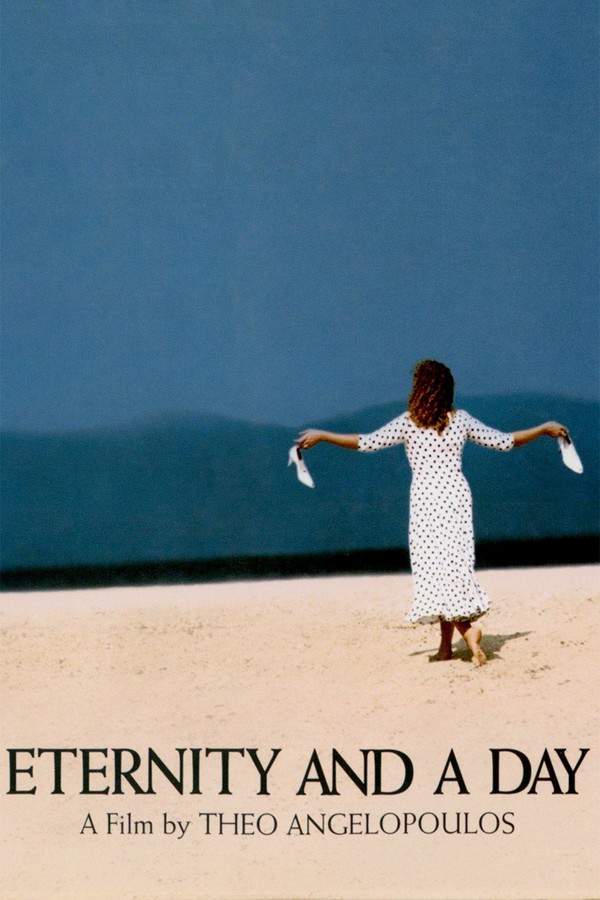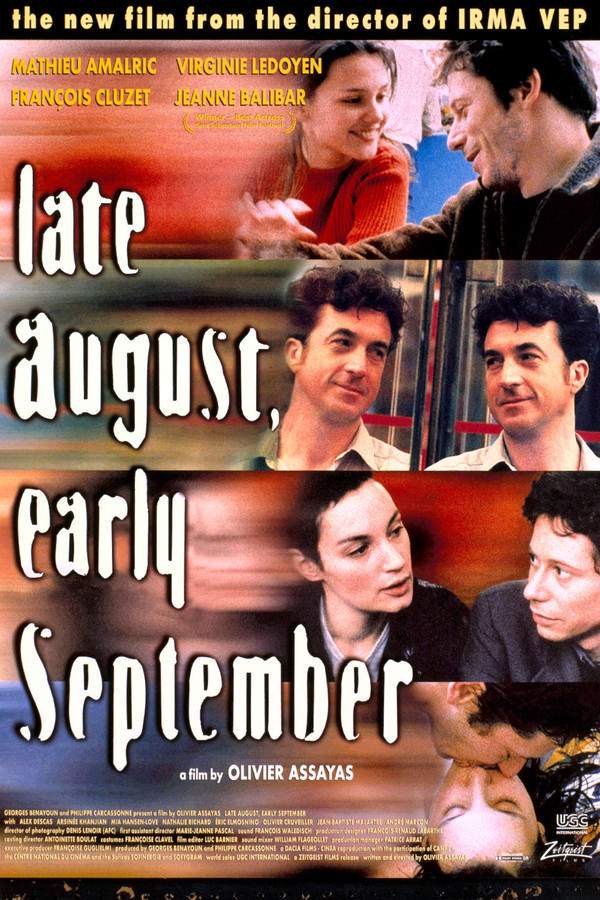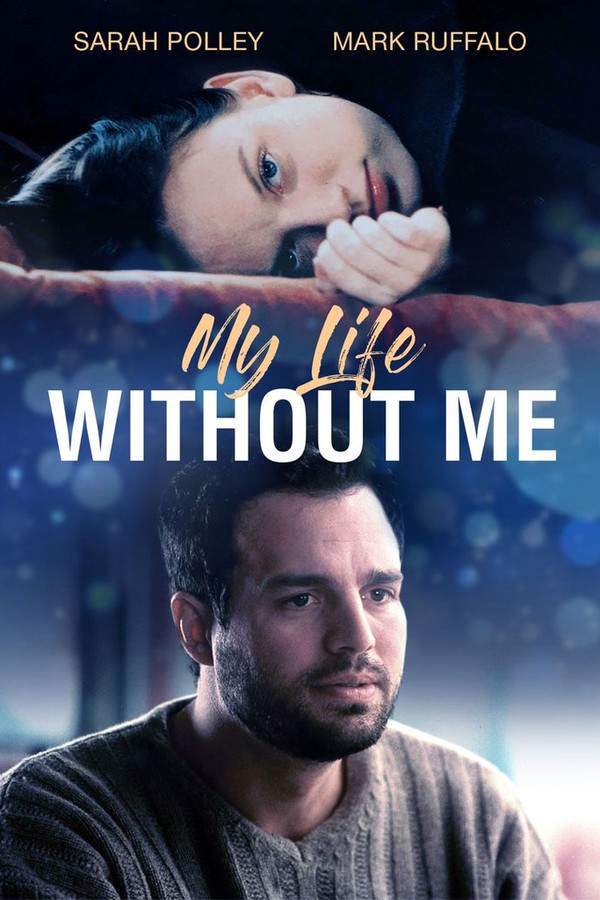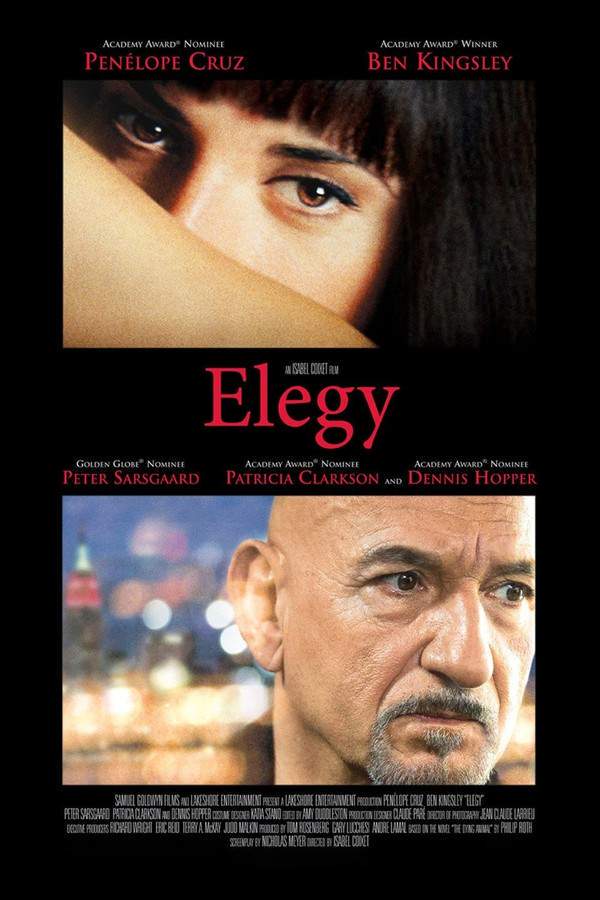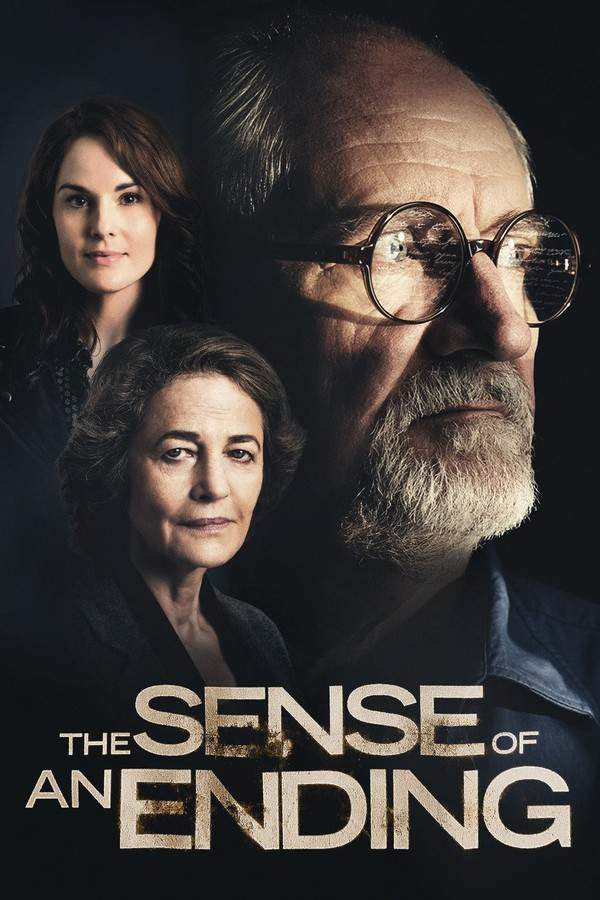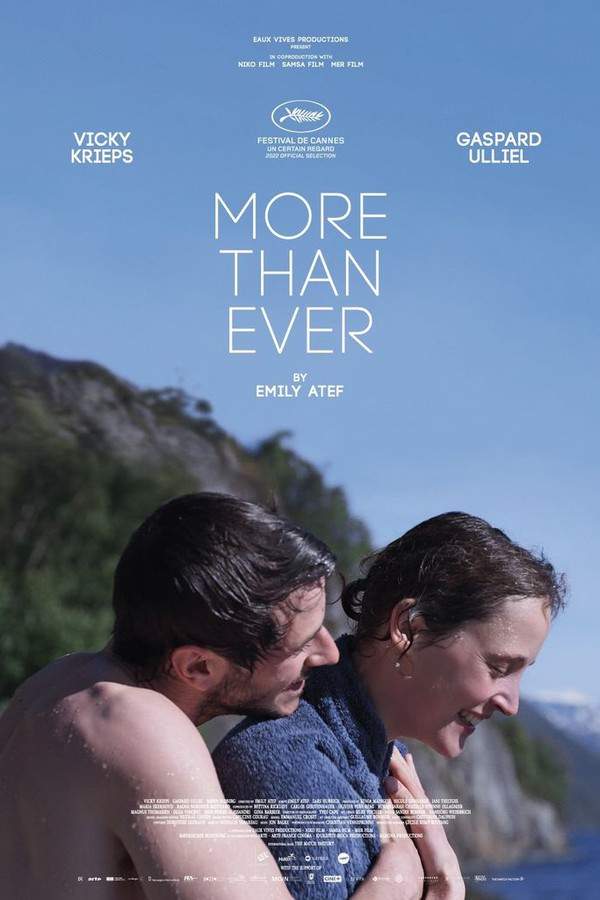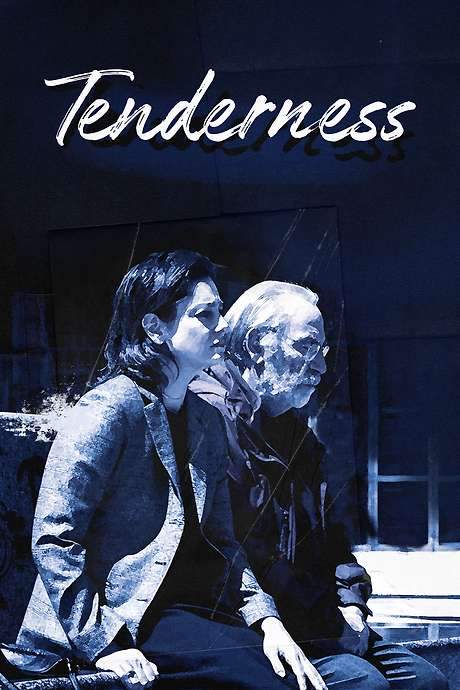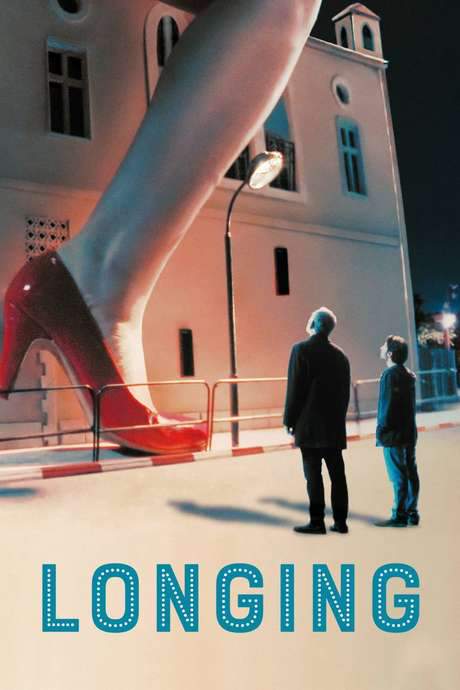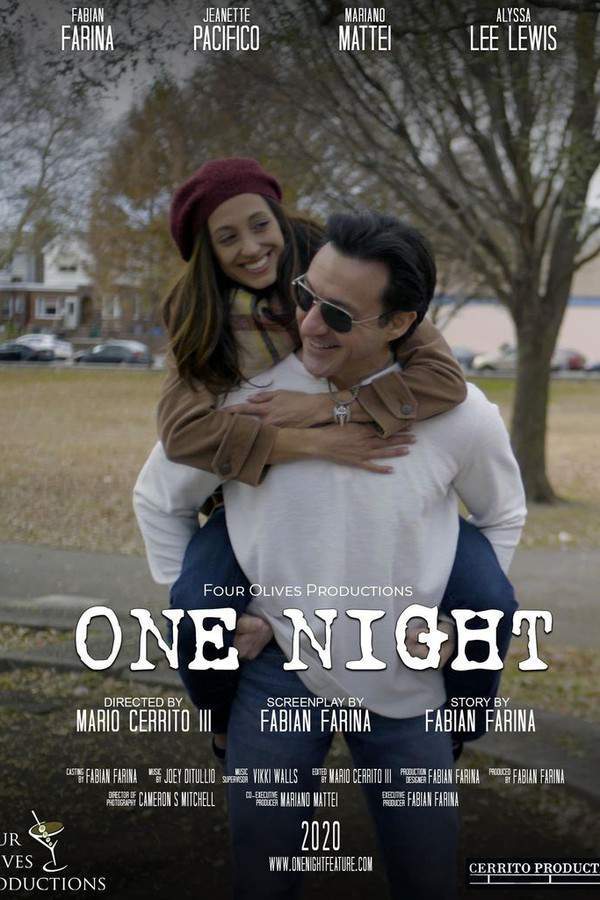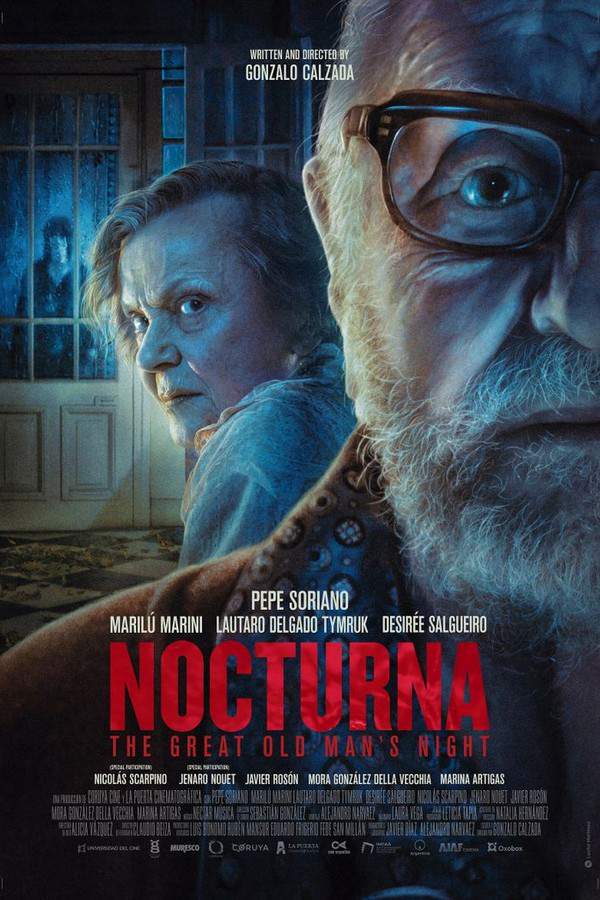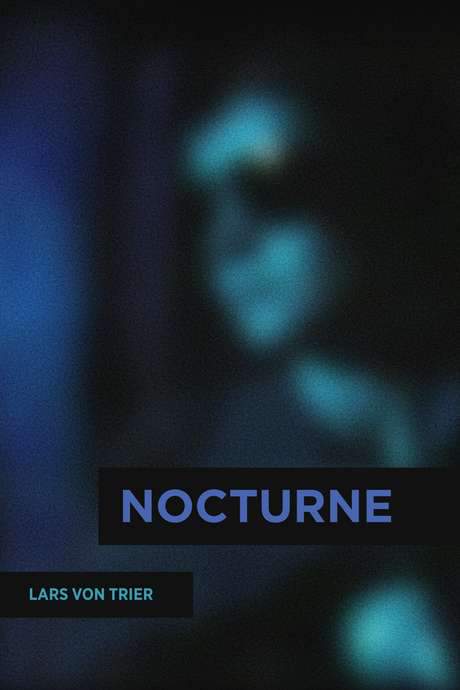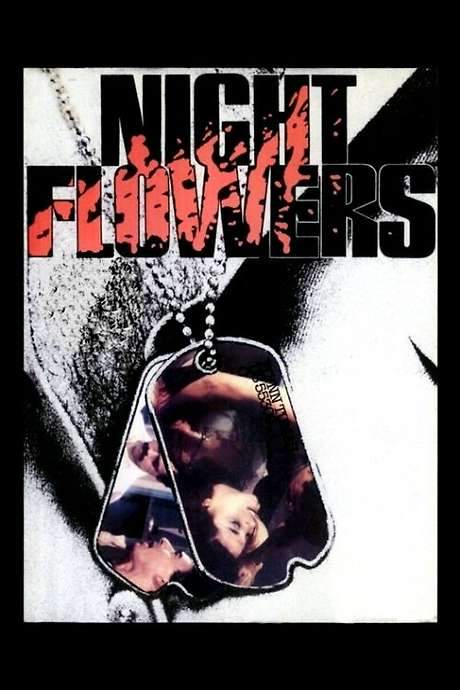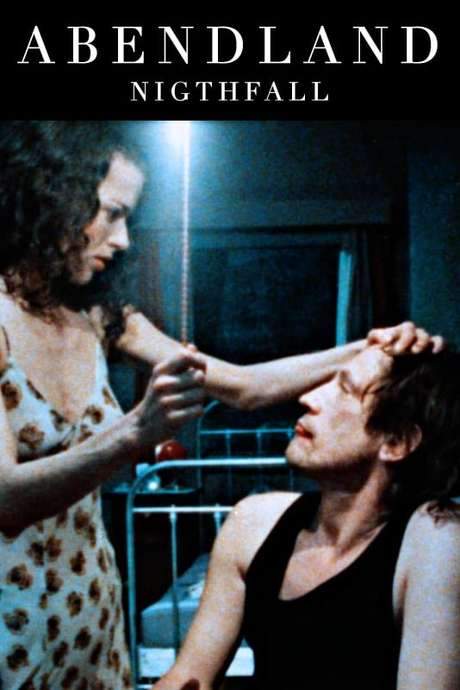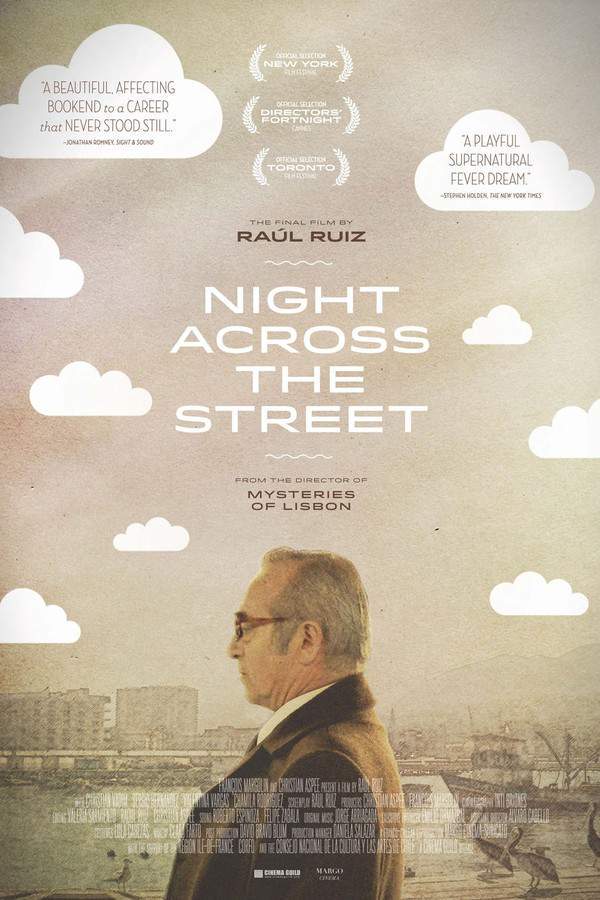
Night Across the Street
Year: 2013
Runtime: 110 min
Language: Spanish
Director: Raoul Ruiz
An elderly office worker experiences a blurring of memories and fantasies, causing the lines between reality and imagination to dissolve. This mesmerizing film follows a journey of personal remembrance, exploring a rich tapestry of interwoven stories. The narrative masterfully blends fiction, history, and life, revealing the complexities of a life lived and remembered.
Warning: spoilers below!
Haven’t seen Night Across the Street yet? This summary contains major spoilers. Bookmark the page, watch the movie, and come back for the full breakdown. If you're ready, scroll on and relive the story!
Night Across the Street (2013) – Full Plot Summary & Ending Explained
Read the complete plot breakdown of Night Across the Street (2013), including all key story events, major twists, and the ending explained in detail. Discover what really happened—and what it all means.
In his final completed film, Ruiz boldly examines the multifaceted nature of death, presenting audiences with a complex narrative that weaves through three dimensions of time. To help clarify this intricate concept, the film metaphorically likens time to marbles, suggesting an infinite chain of experiences that can be adorned as a unique necklace.
The story begins with Don Celso, portrayed by Sergio Hernández, attending a thought-provoking class led by Jean Giono, played by Christian Vadim. During the class, an alarm from Don Celso’s pocket interrupts the flow, signaling it’s time for his medication. Their discussion about the passage of time acts as a central theme, with Don Celso suggesting that one can perceive time through the lens of their memories and fantasies, both as an adult and as a child.
As the narrative unfolds in the present, we find Don Celso engaged in his office job at a poetry-writing desk, deeply absorbed in his thoughts. He exhibits peculiar behavior reminiscent of a puppet master, reenacting his earlier conversation with Jean Giono until his boss interrupts to remind him about his upcoming retirement party. This transition signifies a critical moment in his life, foretelling the events to come.
In a fascinating shift to the third dimension, we see young Rhododendron Celso, affectionately called Rodo, portrayed by Santiago Figueroa. Rodo encounters the legendary Long John Silver, played by Pedro Villagara, who he perceives as a real-life figure from history. This encounter embodies Ruiz’s thematic exploration of fantasy and memory, as he constructs separate worlds filled with imagination.
The narrative then circles back to the first dimension, where Don Celso confides that he is awaiting his own death, a realization that encapsulates his journey throughout the film. Moving back to Rodo’s perspective, we see the young boy declaring Beethoven as his favorite historical figure, leading to a whimsical, comedic dialogue with a non-deaf Beethoven, as portrayed by Sergio Schmied. This interaction unveils 20th-century inventions and critiques the conventional norms of cinema with humor as Rodo reflects, “People go to the movies for fun, not to learn anything,” exploring the contrast between intelligence and reality.
Transitioning to the second dimension, we encounter Rolo Pedro, played by Christian Gajardo, who is deceitfully plotting to murder Don Celso for his riches. Don Celso’s repeated invocation of Rolo Pedro’s name, humorously miscalling him Rhododendron, intertwines their fates, emphasizing a looming threat.
As the narrative weaves through different dimensions, we witness tragic events unfold at Don Celso’s boarding home, leaving him as the solitary survivor. A conversation between the past and present self of Rodo raises poignant questions about identity and reality. The film intricately blurs the lines between imagination and reality, especially during Don Celso’s interactions with Long John Silver.
The complexity escalates with rapid cuts between dimensions, leading to a climactic exchange between Rodo and Don Celso, culminating in a shocking confrontation where Rodo shoots Don, propelling him into an ethereal realm inhabited by the deceased. Within this new dimension, Don Celso seeks to grasp the nature of existence and eventually reunites with pivotal figures in a funeral-like assembly, culminating in heartfelt eulogies from his co-workers that poignantly acknowledge the essence of Ruiz’s cinematic legacy.
Last Updated: November 15, 2024 at 19:39
Explore Movie Threads
Discover curated groups of movies connected by mood, themes, and story style. Browse collections built around emotion, atmosphere, and narrative focus to easily find films that match what you feel like watching right now.
Dreamlike memory journeys like in Night Across the Street
Films where the boundaries between memory, fantasy, and reality dissolve.For viewers seeking movies like Night Across the Street, this collection features contemplative dramas where reality blurs with fantasy. These films explore the nature of memory and the passage of time through surreal, non-linear narratives, offering a similar quiet and meditative viewing experience.
Narrative Summary
The narrative structure typically abandons a straightforward timeline, weaving together past memories, present moments, and imagined scenarios. The central conflict is often internal—a character's existential reckoning with their life, regrets, and mortality—rather than driven by external events.
Why These Movies?
Movies are grouped here based on their shared focus on the subjective nature of memory, their dreamlike or surreal atmosphere, and their complex, introspective narrative structures that challenge the viewer's perception of reality.
Bittersweet life reviews like in Night Across the Street
Quiet stories about elderly characters reviewing their lives and accepting mortality.If you liked the reflective and melancholic atmosphere of Night Across the Street, this list features similar films about aging and mortality. These movies follow elderly protagonists on a quiet, introspective journey through their memories, leading to a bittersweet and emotionally resonant conclusion.
Narrative Summary
The journey is primarily internal, following an elderly protagonist as they sift through key moments of their life. The plot is character-driven and introspective, building towards an acceptance of mortality that is typically portrayed as bittersweet rather than purely tragic, finding peace or meaning in the summation of a life.
Why These Movies?
This thread connects films that share a central theme of aging and a life review narrative arc. They are united by a quiet, melancholic tone, a slow, contemplative pacing, and a heavy emotional weight focused on existential questions about a life lived.
Unlock the Full Story of Night Across the Street
Don't stop at just watching — explore Night Across the Street in full detail. From the complete plot summary and scene-by-scene timeline to character breakdowns, thematic analysis, and a deep dive into the ending — every page helps you truly understand what Night Across the Street is all about. Plus, discover what's next after the movie.
Night Across the Street Timeline
Track the full timeline of Night Across the Street with every major event arranged chronologically. Perfect for decoding non-linear storytelling, flashbacks, or parallel narratives with a clear scene-by-scene breakdown.

Characters, Settings & Themes in Night Across the Street
Discover the characters, locations, and core themes that shape Night Across the Street. Get insights into symbolic elements, setting significance, and deeper narrative meaning — ideal for thematic analysis and movie breakdowns.

Night Across the Street Spoiler-Free Summary
Get a quick, spoiler-free overview of Night Across the Street that covers the main plot points and key details without revealing any major twists or spoilers. Perfect for those who want to know what to expect before diving in.

More About Night Across the Street
Visit What's After the Movie to explore more about Night Across the Street: box office results, cast and crew info, production details, post-credit scenes, and external links — all in one place for movie fans and researchers.

Similar Movies to Night Across the Street
Discover movies like Night Across the Street that share similar genres, themes, and storytelling elements. Whether you’re drawn to the atmosphere, character arcs, or plot structure, these curated recommendations will help you explore more films you’ll love.
Explore More About Movie Night Across the Street
Night Across the Street (2013) Scene-by-Scene Movie Timeline
Night Across the Street (2013) Movie Characters, Themes & Settings
Night Across the Street (2013) Spoiler-Free Summary & Key Flow
Movies Like Night Across the Street – Similar Titles You’ll Enjoy
On the Beach at Night Alone (2017) Full Movie Breakdown
1 Night (2017) Detailed Story Recap
Nocturna: Side A — The Great Old Man’s Night (2022) Spoiler-Packed Plot Recap
On a Magical Night (2019) Ending Explained & Film Insights
Nocturne (1980) Full Summary & Key Details
Night Music (1918) Full Summary & Key Details
Night Journey (1987) Movie Recap & Themes
The Long Night (1947) Spoiler-Packed Plot Recap
Le Navire Night (1979) Full Movie Breakdown
Nightly Diary (1993) Ending Explained & Film Insights
Night Without Sleep (1952) Story Summary & Characters
The Night Affair (1958) Full Movie Breakdown
Night-Flowers (1979) Spoiler-Packed Plot Recap
Night Unto Night (1949) Ending Explained & Film Insights
Nightfall (1999) Detailed Story Recap

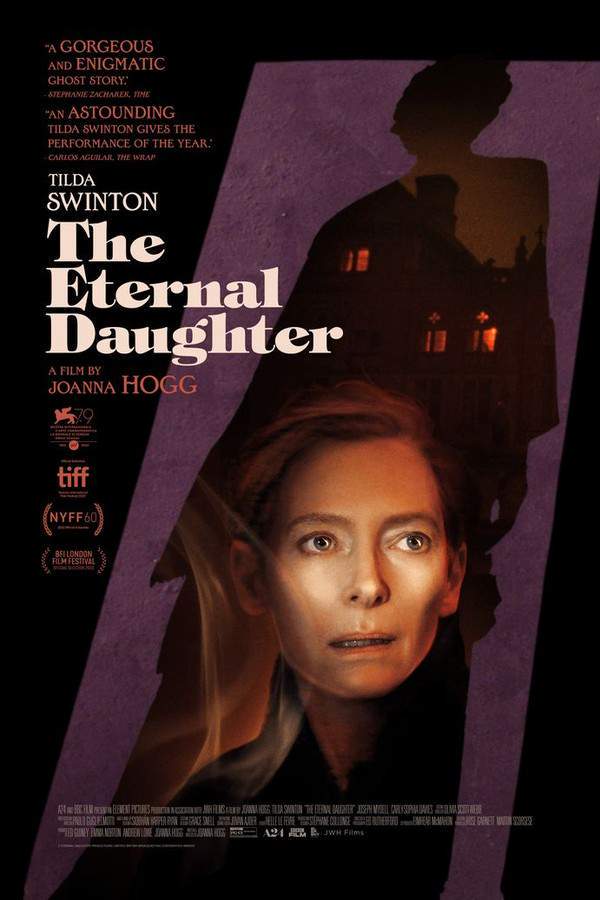
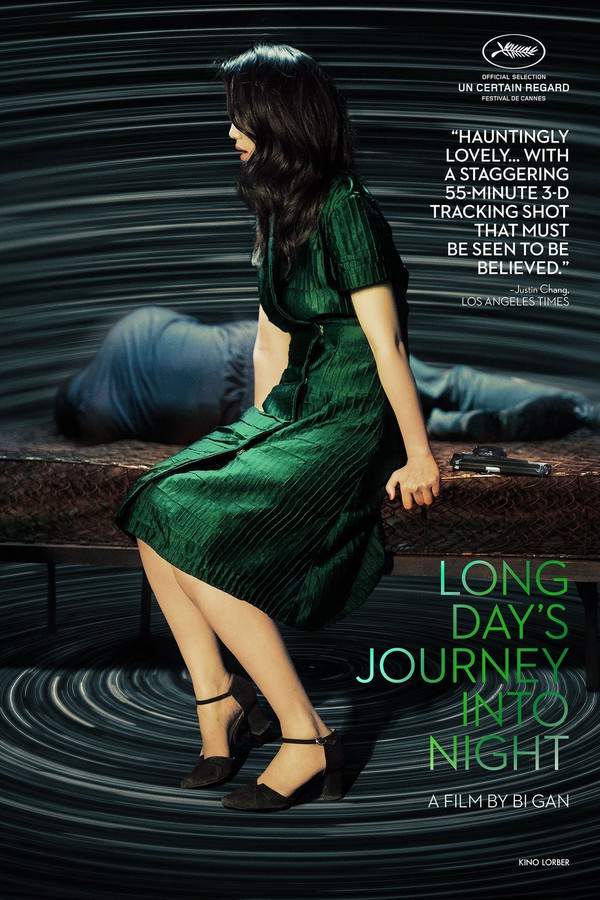
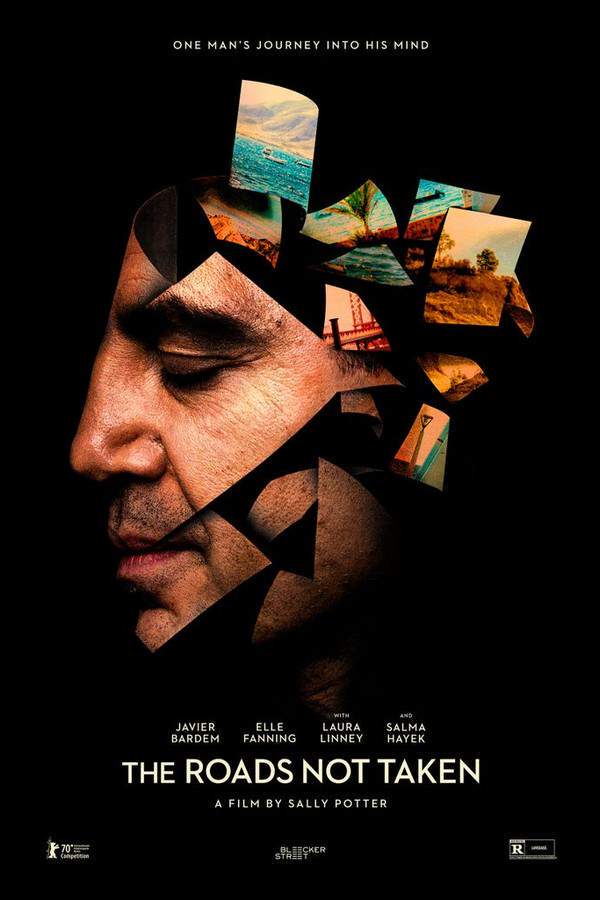
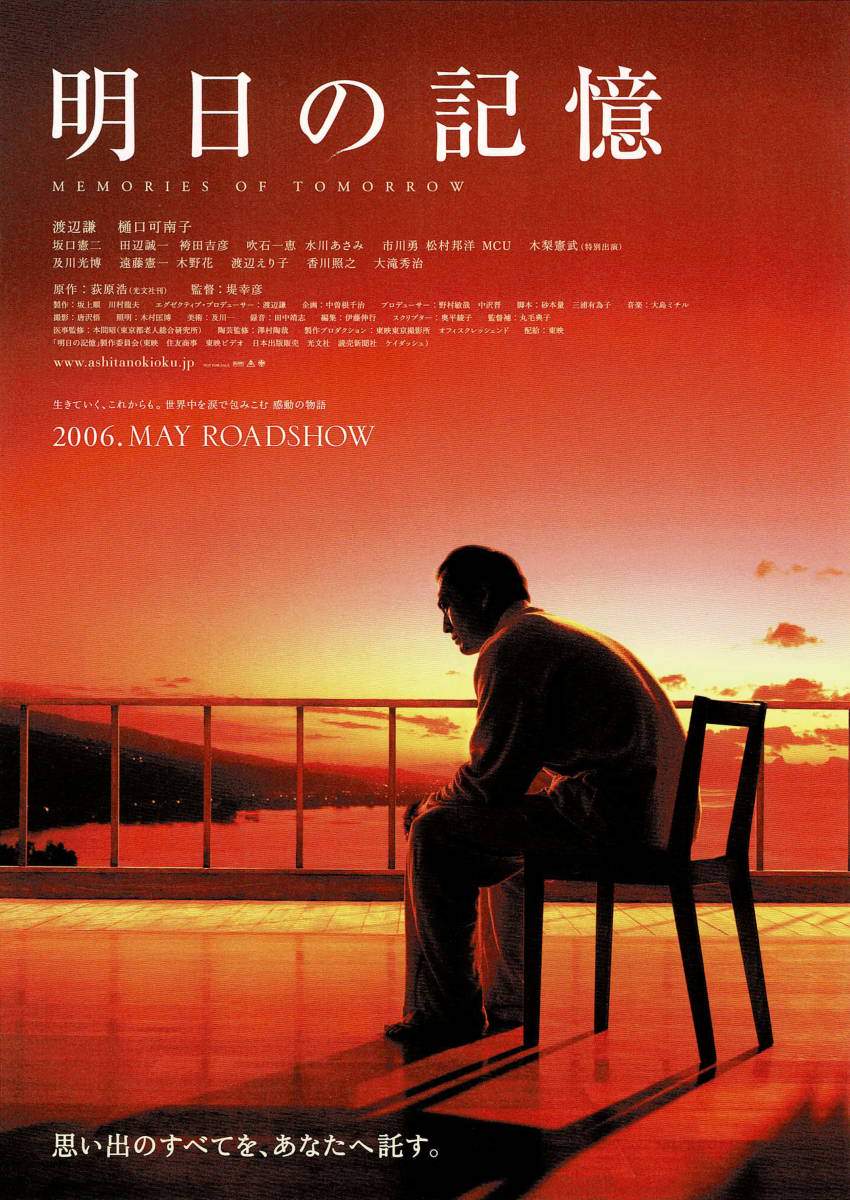
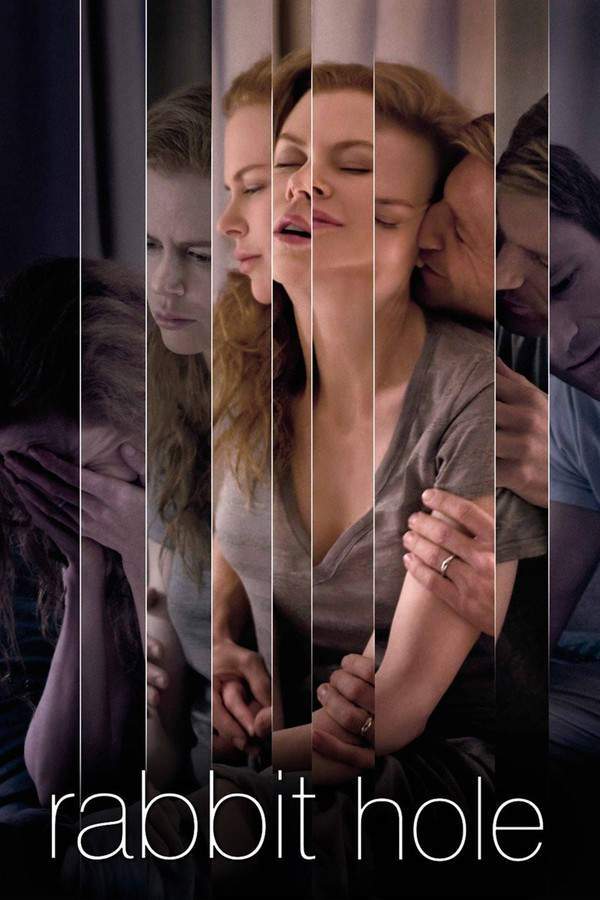

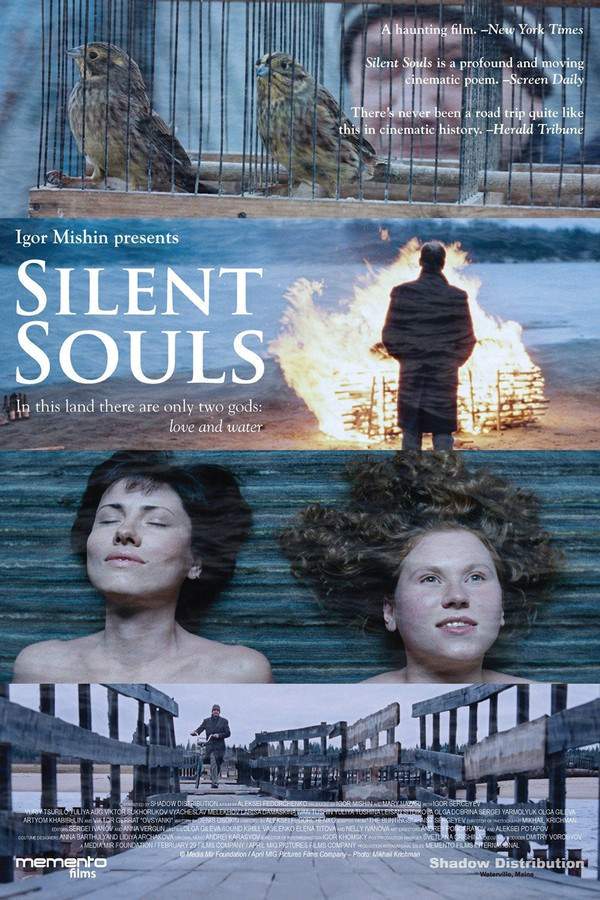

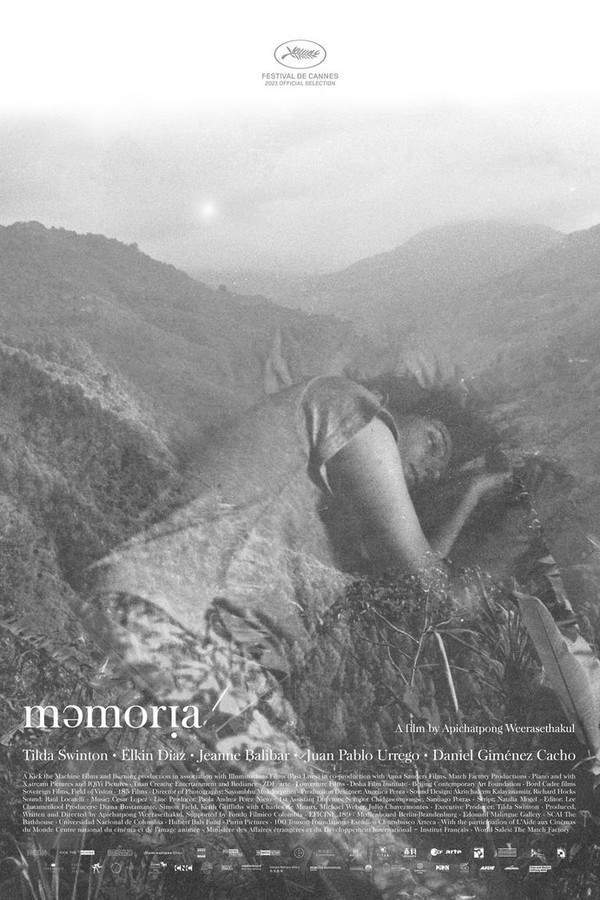
-HOGtBZMKH4I3HQ.jpg)
